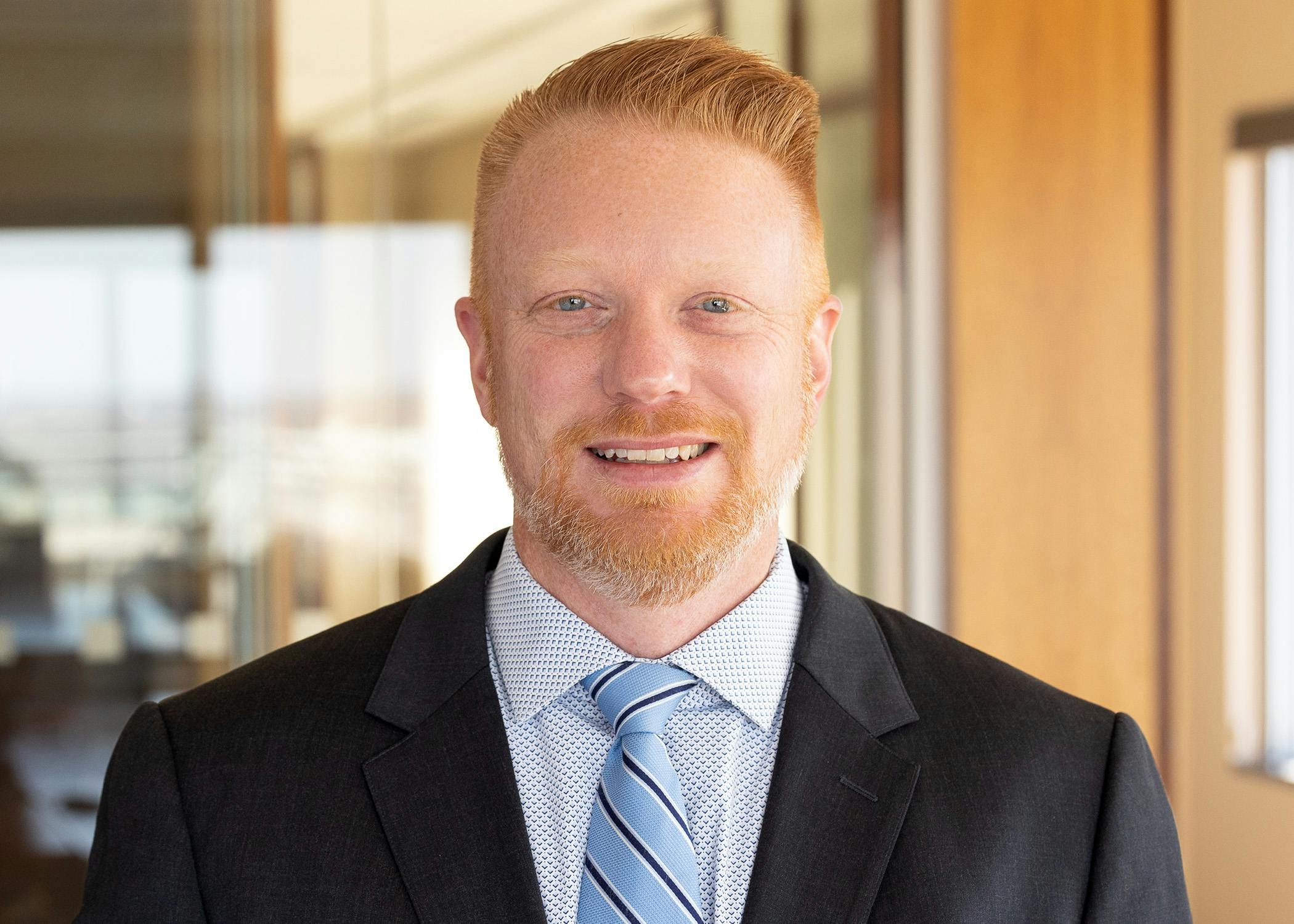
Introduction
My focus
Healthcare Transactions
I’ve worked with for-profit and nonprofit companies in connection with the merger, purchase, and sale of healthcare providers and companies, serving as corporate and healthcare regulatory counsel. I’ve assisted in the completion of several multi-jurisdiction transactions, which often pose a wide variety of state and local regulatory challenges. I help our clients efficiently and expeditiously manage the due diligence phase of the deal and draft the various documents that embody the deal, from the letter of intent phase through the closing of the transaction.
Fraud and Abuse and Compliance
A significant focus of my practice involves helping our healthcare clients navigate the thicket that is the federal fraud and abuse laws, including the Stark Law, Anti-Kickback Statute, and the law imposing civil monetary penalties for beneficiary inducement and their state analogs. I am often asked to review a proposed arrangement as part of a healthcare company’s internal compliance efforts to assist in the defense of a qui tam lawsuit or to help craft a response to a government inquiry (as through a subpoena or civil investigative demand). I also support healthcare companies and their compliance professionals with more general compliance investigations and regularly advise on self-disclosure obligations to federal and state agencies and provide assistance in response to government audits.
Looking ahead
As access to capital has been more difficult in recent years, we have seen more partnerships and joint ventures between large nonprofit health systems and private equity firms or sophisticated healthcare management companies. These arrangements, which include ambulatory surgery center ventures and new service line offerings, can provide health systems with enhanced revenue opportunities, expanded community benefit, and access to new management talent. While these joint ventures can be productive partnerships for both parties, regulators have longstanding compliance concerns with these arrangements. They must be structured appropriately to avoid fraud and abuse and other compliance issues. We think regulators will continue to monitor these transactions closely as to how they impact both the quality and the cost of care.
/Insights
- “Healthcare transactions under scrutiny with New York’s new law,” Bloomberg Law, May 11, 2023 (co-authored with Justin Pfeiffer)
- “Industry-Funded Education for Healthcare Professionals Can Now be a Criminal Matter,” Rochester Business Journal, September 16, 2022
- “The Potential Demise or Reform of the Stark Law in an Era of Value-Based Reimbursement,” AHLA Weekly, March 23, 2018
- “Outsourcing Care: Medical Tourism is the Outsourcing of the American Operating Room,” 238 New York Law Journal 11 (2007) (co-authored with Michele Masucci)
- “Report Card: Grading the Country’s Response to Columbine,” 53 Buffalo Law Review 415 (2005)
In the news
- The Deal
Welsh Carson funds Constitution Surgery Alliance
June 18, 2025This article mentions NP for representing Constitution Surgery Alliance in its strategic investment from Welsh, Carson, Anderson & Stowe LP. The NP team is led by Managing Partner and CEO Steve Zubiago, and Healthcare partners Michael Schnipper of Long Island and Jéna Grady of New York City. The team also included Boston partner and Labor & Employment practice group leader Jeff Gilbreth, Corporate partners Isaac Figueras of Rochester, Shahzad Malik of Los Angeles and Damian Myers of Washington, DC, and Chicago Global Finance partner Joshua Scarborough; Healthcare counsel Scott Simpson of Rochester and Ashley Mistretta of Long Island; and Healthcare associates Meredith LaMaster and Grace Connelly of Chicago, Meghan Hopkins of Providence and Marissa Espinoza Icochea of Long Island; and Washington, DC Corporate associates Brian Kenney and Annie Zhang.
- NYSBA Health Law Journal
New technologies, new risks: Compliance considerations for practitioners and technology companies in remote therapeutic monitoring
Jan 15, 2025Rochester Healthcare counsel Scott Simpson contributed this article, discussing compliance considerations in connection with remote therapeutic monitoring.
- Law360
Veteran Nixon Peabody attorney to lead Healthcare practice
Nov 28, 2023This article covers the selection of Long Island partner Lindsay Maleson as leader of the Healthcare practice. In addition to profiling Lindsay, the article quotes Business & Finance Department head Chris Keefe. Illustrating growth across the Healthcare practice, the article also mentions Long Island Healthcare partner Jason Chimon as a member of NP’s 2023 new partner class, and Los Angeles Complex Disputes partner Jonah Retzinger and Rochester Healthcare counsel Scott Simpson as recent additions to the broader team.
- New York Law Journal
People on the move
This column covering notable moves and hires across New York state mentions the return of Rochester Healthcare counsel Scott Simpson to the firm, highlighting his previous tenure as an NP associate from 2005 to 2009 and also from 2011 to 2012.June 10, 2022 - Bloomberg Law
Wake up call
This roundup of notable legal industry news and attorney moves includes the arrival of Rochester Healthcare counsel Scott Simpson, highlighting that he returns to the firm after his previous time as an associate.June 8, 2022
Admitted to practice
New York
U.S. District Court, Western District of New York
Education
College of the Holy Cross, B.A.
State University of New York at Buffalo School of Law, J.D., cum laude
Professional activities
- American Health Lawyers Association (Fraud and Abuse Practice Group)
Recognition
- Selected, through a peer-review survey, for inclusion in The Best Lawyers in America® 2026 in the field of Health Care Law; listed in Best Lawyers since 2024
Insights And Happenings
View AllProfessionals in the Practice Area
View AllLindsay Maleson
Partner / Practice Group Leader, Healthcare- Long Island
- Office:+1 516.832.7627
- lmaleson@nixonpeabody.com

-
Jill H. Gordon
Senior Counsel / Co-chair, Life Sciences Practice- Los Angeles
- Office:+1 213.629.6175
- jgordon@nixonpeabody.com

-



